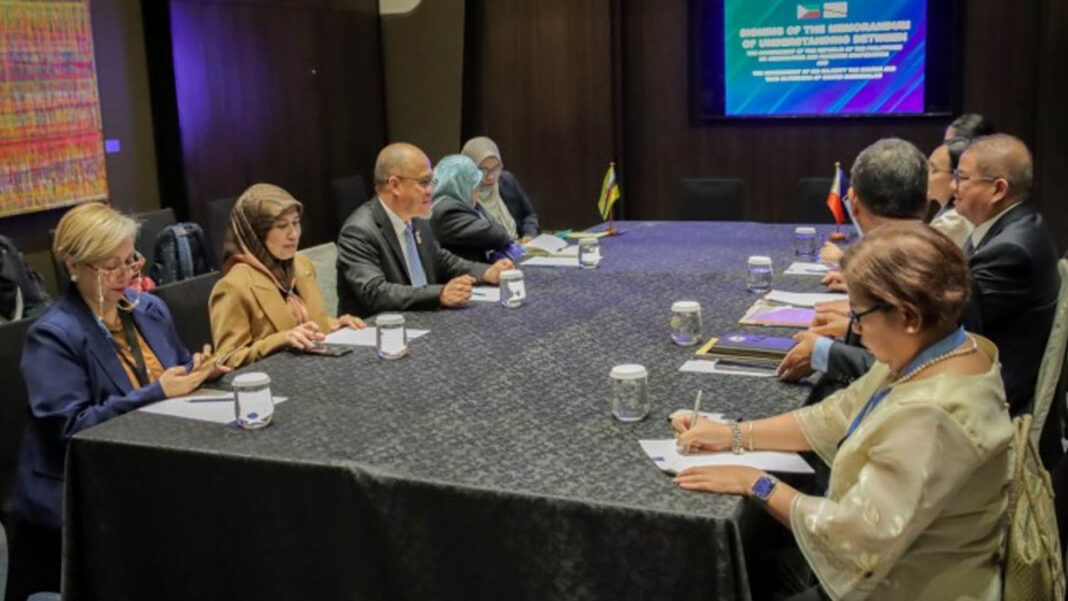The Philippines and Brunei Darussalam have signed a new memorandum of understanding (MOU) aimed at strengthening cooperation in agriculture and fisheries, marking a renewed push for regional food security, trade, and sustainable development, the Department of Agriculture (DA) said on Tuesday.
The agreement was signed between the Philippines’ Department of Agriculture and Brunei’s Ministry of Primary Resources and Tourism at the sidelines of the 47th ASEAN Ministers of Agriculture and Forestry meeting held in Pasay City early October, according to a news release.
The MOU outlines joint efforts in key areas such as agrifood trade, agro-biotechnology, aquaculture, and precision agriculture; and formalizes a commitment first signaled in a Letter of Intent signed in May last year.
“This agreement reflects the shared goals of the Philippines and Brunei, good neighbors in Southeast Asia, to strengthen agri-fisheries systems and enhance food security through collaboration, innovation, and responsible development,” Agriculture Secretary Francisco Tiu Laurel Jr. said.
Under the MOU, the Philippines and Brunei will collaborate in the areas of livestock and poultry development, disease prevention, high-yield crop technologies, and downstream processing in the agri-fisheries sector.
The agreement also highlights capacity-building efforts, such as joint training, technical visits, and the sharing of publications, studies, and technical data.
Private sector engagement is also a focus, with both countries committing to facilitate agrifood investment and trade through information sharing, especially in sanitary and phytosanitary standards and market access requirements.
The partnership provides a framework for policy coordination, research cooperation, exchange of expertise, market access promotion, joint training, technical visits, and information sharing, including publications and studies between the two countries.
It is also expected to spur agrifood investment and trade, as standards on sanitary and phytosanitary measures and market access requirements will be disclosed, to encourage greater private sector participation.
The pact also ensures mechanisms to protect intellectual property and research outcomes, as well as safeguard the confidentiality of shared knowledge and data. (PNA)


